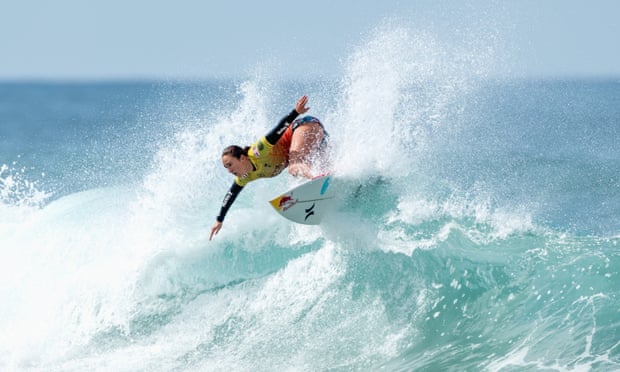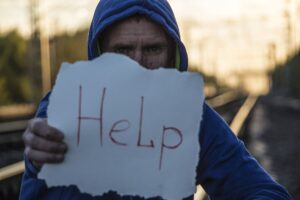Looking for a Safe Olympic Games
| After being postponed one year due to the worldwide pandemic, banning foreign spectators, and later blocking even domestic spectators, the 2020 Olympics began last week in Tokyo. It’s a historic event in many ways, introducing new sports such as surfing, skateboarding and sport climbing, while others are hanging on to their last chance to compete…. After a five year wait to compete, it’s not the Olympics many dreamed of. Athletes, guests, and media are restricted to reduce unnecessary interaction with the public and each other. Despite these strict regulations and precautions, the coronavirus has infected many participants in the games, requiring quarantine and isolation, dropping out of events, and uncertainty of participation in others later in the games. |

SAFETY MONEY is #1
| Weeks before the start, amidst a state of emergency in Tokyo, there was continued concern for athlete and public safety while locals protested, with low support and calling to cancel the games itself, even outside the Opening Ceremony and other events. Citizens of the host country are angry at the high cost of hosting, and taxpayer burden to cover the cost. But the IOC and Japan are continuing with the games, for various reasons: to give athletes their chance to compete in front of the world, to avoid wasting the large investment of time, labor, and cost in stadiums and other items, or to protect their country’s pride and avoid failure on the global stage. But the most likely reason is money: protecting the investment, keeping broadcast dollars, and pre-sold ad revenue, especially for US broadcasting, even moving high viewership events to morning in Japan, so that Americans can watch the action live in prime time. All this amidst the following safety risks: COVID PRECAUTIONS NOT FOLLOWED Tokyo 2020 playbook requires masks whenever possible, but since the start athletes and others can be seen maskless or not covering noses. Media and other official guests cannot share taxis or elevators and plastic dividers are everywhere, but must travel on crowded buses to venues. HEAT and HUMIDITY After describing the summer weather as “mild and sunny” in the Olympic Host Bid, these games have been plagued with extreme heat, humidity, and and even a typhoon forced rescheduling to cooler times or relocation of some events to places with cooler temps. Even the official athlete playbook contains tips for athletes to beat the heat, and despite misters, personal air conditioners, and other cooling devices, athletes have collapsed from heat exhaustion and others felt like death. NPR reports that this could be the hottest summer Olympics ever. |







